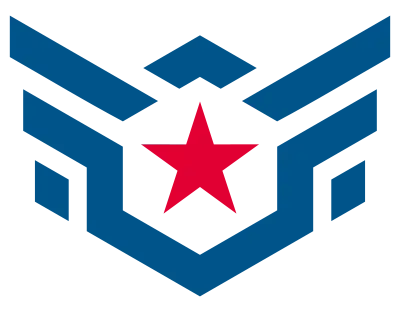Four years ago, Marc Grundy didn’t think he’d be an advocate for jobs for people with autism. In fact, back then, after he’d started and stopped college, he wasn’t sure what he wanted to do with his life. Around that time, Marc’s mother had issued an ultimatum: If he wasn’t going to stay in college, he’d have to get a job—not always an easy task for people with autism. That’s when Marc got in contact with PRIDE Industries.
But let’s go further back in time for a moment.
Early Interventions
Other signs included repetitive behaviors and difficulty communicating. Fortunately, Marc’s mother worked in healthcare, so Marc’s diagnosis—and early interventions that accompanied it—came sooner than they do for some individuals with autism. But even early interventions and hard work—both on Marc’s part and on his mother’s—didn’t waylay the bullying that’s born of societal ignorance.
“As much as possible, employers should be aware of what autism is, so that they can put good policies in place for people with autism who are looking for employment. A big part of that will be accommodations.”
—Marc Grundy
“Once I was in school, I was teased and bullied at times,” said Marc. “I really struggle with expressing emotions. That can make the other person not want to hang out with you or like you. Some people think you’re creepy and will say so.”
Job Preparation and Placement
Around that time, Marc’s mother required that he seek employment. She also recommended PRIDE Industries, the leading provider of employment for people with disabilities, including those with autism. Soon after, in March 2019, Marc was put in touch with Carlos Perez, a Youth Services Job Developer (at the time) for PRIDE Industries.
“He really helped me,” said Marc.
Carlos showed Marc how to prepare a resume, apply for jobs, and participate in the interview process.
“He really worked with me on subject matter that involved doing a good interview,” said Marc. “Like what you should say that employers most care about and what you should ask them. Also, what would make them see you as a good candidate.”
Then, in August 2019, Marc acquired a paid internship as an assembler in the manufacturing department of PRIDE Industries.
Marc began with simple, entry-level tasks and gradually undertook more complex ones that made use of his eye for detail.
A “Great Employee”
Game Ready™ is a medical device that has been described as “the number one recovery tool used by thousands of professionals, athletes, trainers, surgeons, professional teams, and sports medicine professionals around the world.”
It’s not only Marc’s attention to detail that impresses his co-workers. His soft skills are also on point.
Advocating for Jobs for People with Autism
“As much as possible, employers should be aware of what autism is, so that they can put good policies in place for people with autism who are looking for employment,” said Marc. “A big part of that will be accommodations.”
U.S. businesses must, by law, provide reasonable accommodations for employees with disabilities to enable them to work. That scares employers because they think it will be expensive. It is not. The Job Accommodation Network, a disability employment consultancy, surveys employers regularly about the cost of accommodations, and the numbers have been consistent over the years. Most accommodations (56 percent) are free, and the rest cost an average of $500. For autistic employees, creating a sensory-friendly break room or giving people extra time to formulate answers to questions are inexpensive ways to enhance well-being and productivity.
